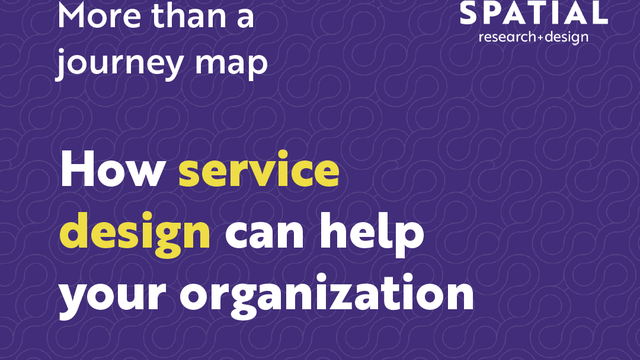

The Challenge of Digital Service Delivery in Government
In an age where citizens expect seamless, secure, and accessible digital government services, public sector leaders face a stark reality: innovation, security, and austerity cannot all coexist at maximum capacity. The pressure to deliver cutting-edge solutions is growing, yet the financial and trust deficits confronting governments make this an almost impossible trifecta to balance. As someone deeply embedded in the intersection of public and private sectors, I’ve seen firsthand how collaboration—not transactions—is the only sustainable path forward. Governments must embrace long-term strategic partnerships with industry to navigate these challenges.
Innovation: The Expectations Gap
Citizens today interact with government services through the lens of their experiences with tech giants like Amazon and Apple. They expect intuitive, efficient, and highly personalized services. However, governments often lack the agility and resources to match these expectations. Innovation requires substantial investment—not only in cutting-edge technologies but also in upskilling employees, reimagining processes, and fostering cultures that embrace change.
But here lies the tension: innovation demands risk-taking, experimentation, and speed. Governments, bound by complex regulations and public accountability, often cannot afford to fail. True innovation can only flourish when governments partner with industry leaders who understand the intricacies of public sector challenges and can co-create solutions. This isn’t about vendors selling products; it’s about industry partners working hand-in-hand with governments to share risks, resources, and expertise.
Security: A Growing Concern in a Low-Trust World
The rise of cyber threats and data breaches has put security at the forefront of every government’s agenda. Citizens are wary, and trust in government institutions remains fragile. Every digital service must not only be accessible but also resilient against ever-evolving threats.
However, prioritizing security often comes at the expense of innovation. Overly cautious approaches can slow down transformation projects or render them obsolete by the time they’re deployed. Worse still, underfunded and outdated legacy systems—common in times of austerity—are a hacker’s playground, leaving governments exposed to risks that compromise both security and public trust.
Addressing this requires more than reactive measures or ad-hoc investments. Governments need access to cutting-edge expertise and technologies that only strategic private-sector partners can provide. These partners must go beyond selling cybersecurity solutions—they must integrate deeply into the fabric of government strategy, ensuring security is baked into every stage of service delivery.
Austerity: The Harsh Reality
Austerity magnifies the challenge. Budgets are tightening, yet demand for digital services continues to rise. Governments are being asked to do more with less, forcing them to make impossible trade-offs between innovation, security, and service delivery.
Here’s the hard truth: no government can deliver world-class digital services on a shoestring budget by working with a fragmented pool of vendors. Instead, they must reframe the relationship with the private sector. Strategic partnerships can unlock efficiencies, share costs, and provide the expertise needed to deliver long-term value.
The Case for Strategic Partners
Governments must shift from short-term procurement models to strategic, mission-aligned partnerships. True partners don’t just sell; they co-create. They understand the unique pressures of the public sector and invest in shared success. These partnerships are the only viable way for governments to balance innovation, security, and austerity in the long term.
The path forward demands vision and trust. Governments need partners—not vendors—to turn their digital ambitions into reality. Anything less risks leaving citizens underserved in a world that demands more than ever from its public institutions.
































